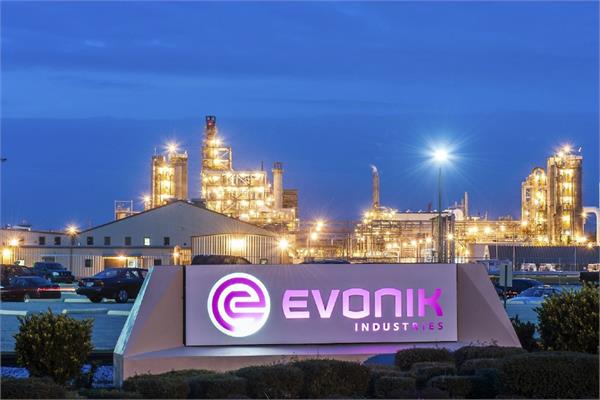
The production of renewable isophorone-based drop-in solutions will allow Evonik to offer more sustainable coatings and reduce emissions.
The Mobile site (Alabama, United States of America) of the Crosslinkers division of Evonik
has received the ISCC PLUS sustainability certification for using renewable acetone made from bio-circular materials derived from industrial waste like used cooking oils integrated with existing feedstocks in the production of isophorone-based products from the VESTA eCO range, allowing the company to produce and market these solutions also in the U.S.A. Due to their mechanical strength, durability, chemical resistance, excellent adhesion and low CO2 emissions, the products are particularly suitable as sustainable raw materials in the production of paints, lacquers and binders for modern coating systems.
“This latest ISCC accreditation enables us to adopt large-scale production of our VESTA eCO series products in Mobile and provide our customers in the region with cost-effective and sustainable solutions. Providing our customers with reliable information on carbon footprints to give them a clear picture of their reduction options is another step on our sustainability journey to achieve climate neutrality in the industries we support,” has stated Christian Schmidt, the head of the Crosslinkers business line of Evonik.
The ISCC - International Sustainability & Carbon Certification is an independent third-party initiative, considered to be the leading certification for sustainable, fully traceable, deforestation-free and climate-friendly supply chains. In order to achieve it, the renewable feedstocks employed by Evonik are independently certified using the mass balance accounting principle and external auditing. The company obtained the same certification also for its German site in 2022.
The process matches inputs with outputs from the production process by calculating and determining the share of renewable feedstock when both renewable and fossil feedstocks are used. For example, the VESTANAT® IPDI eCO product contains 75% renewable carbon per mass balance, offering a significant reduction in Global Warming Potential (GWP) and CO2 footprint compared to its fossil-based counterparts.
By reducing its reliance on fossil-based acetone, the company is lowering the carbon footprint of its own production, while also supporting customers in the region to address their own sustainability, CO2 reduction and environmental regulation demands.
“From the renewable feedstocks and our production, to the consumers buying ISCC PLUS-certified products, we can keep track of each renewable molecule we use from the entire supply chain. So, even as we mix the different feedstocks, we are able to reduce our total carbon footprint, and the ultimate goal is to utilise 100% renewable feedstocks to lower the carbon footprint further,” has added John Duggan, the head of Crosslinkers in the Americas.